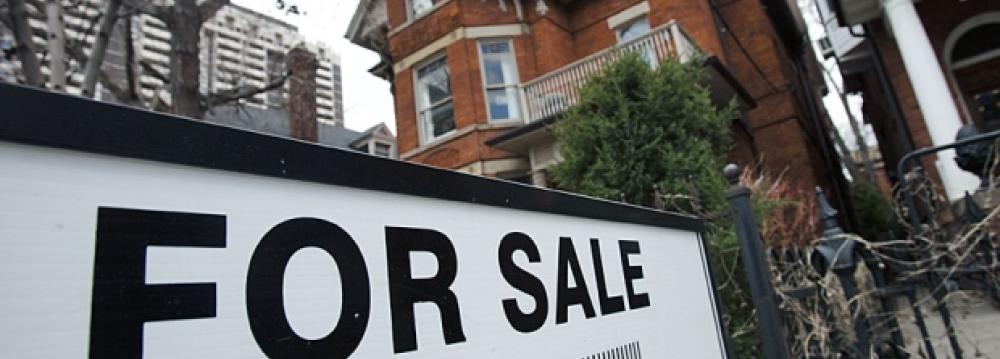The International Monetary Fund has warned the Canadian economy will face downside risks in the near term due to a sustained period of low commodity prices coupled with a possible housing downturn in two of the country’s biggest cities.
The IMF has forecasted 1.7% expansion this year in Canada and 2.2% growth in 2017, and said that low-interest rates, combined with an aggressive fiscal policy and depreciating Canadian dollar are likely to create a buffer capital, which will further, shift labor from the commodity sector to the non-resource side of the economy, EUBulletin reported.
Moreover, Canada, a top exporter of crude oil will supposedly face external headwinds, given the uncertainty over global oil prices and volatility in the world’s second-largest economy, China, the IMF further warned that the fallout from lower commodity prices continues to play out.
“The near-term policy challenge is to pursue an appropriate policy mix that is supportive of growth while containing vulnerabilities in the housing market,” the IMF said.
However, statements by the IMF follow from last week’s comments from Bank of Canada Governor Stephen Poloz who cautioned that the rise in Vancouver and Toronto housing prices is not sustainable for a longer term. Also, Finance Minister Bill Morneau said that the government is advocating steps to regulate the housing market in Canada and ensure a healthy environment for the Canadians.
The monetary authority estimated that housing prices in Toronto and Vancouver remain 10-30% overvalued. Hence, the real estate market requires close watch by government officials, the IMF added.
Directors noted that Canada’s financial sector continues to be sound and stable. They agreed that macro-prudential measures have been broadly effective in containing the growth of mortgage credit and suggested that these could be further tightened if imbalances in the housing market threaten to intensify.
Directors also acknowledged that prudential policies have strengthened banks’ balance sheets and helped ensure system stability.
Meanwhile, Morneau said the government is closely tracking Canada’s fiscal performance amid a sluggish world economy and will take additional steps to kickstart growth if needed.
During an interview on CBC News Network’s Power & Politics, Morneau said some of the marquee Liberal programs—the Canada child benefit and the infrastructure program—will have a positive impact on the economy, but the effects have not yet been realized.
“It’s too soon to judge,” he said. “I’m not saying we don’t have to stay on top of the changes in the economy, because we do. But I think you’re going to start seeing the impacts of those investments and we’ll need to keep watching the economy to see what other measures are appropriate.”


